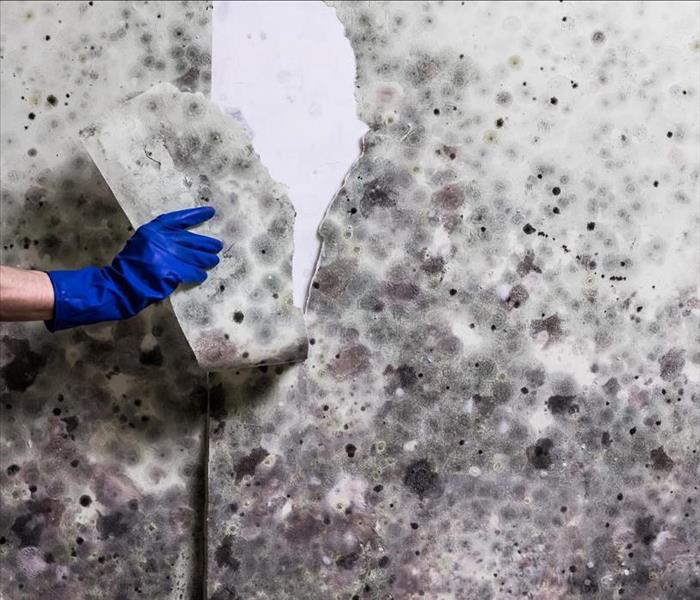Is Mold Damage Covered by my Insurance?
11/24/2020 (Permalink)
One thing that many homeowners don't understand about their insurance coverage is that an essential part of having that insurance is preventing risk, such as damage from fungus growth. When you sign up for an insurance policy, you are entering into an agreement that you will properly maintain your home and property, and the insurance company will protect you from financial loss.
Questions That Affect Coverage
When you find fungus growth in your home and wonder whether professional cleanup and removal is covered by your insurance company, you'll need to answer some important questions:
- What caused the mold growth?
- Could the damage have been prevented?
- Did you neglect maintenance issues that led to fungus, mold, or mildew?
If the insurance provider finds that mold occurred because of steps you should have taken but didn't, the damage probably won't be covered.
Examples of Non-Covered Situations
Here are some examples of situations that your insurance policy probably won't cover:
- A pipe burst in the basement that wasn't probably handled
- An aging roof that allows water into the attic and structure of your home
- Visible signs of mold that you don't do anything about
- Residential flooding that isn't specifically covered by your insurance
Some policies do cover mold claims, but you need to be sure that there's specific language about it in your policy.
Covered Perils and Further Responsibility
You may receive mold coverage if the source of trouble falls under the "covered peril" window. Mold insurance coverage is generally available after fires, lightning strikes, vandalism, the weight of snow or ice, and accidental discharge of plumbing, sprinkler systems, and household appliances, for example. When a "sudden and accidental" incident takes place, you need to contact your insurance provider quickly because a delay in taking action could prevent coverage.
The best way to be sure that your insurance covers damage due to mold or fungus growth is to read your policy and speak to your agent. You should also understand the limits to the mold coverage. Your provider may also give you advice about how to avoid risks associated with mold in your Brookhaven, GA home.





 24/7 Emergency Service
24/7 Emergency Service